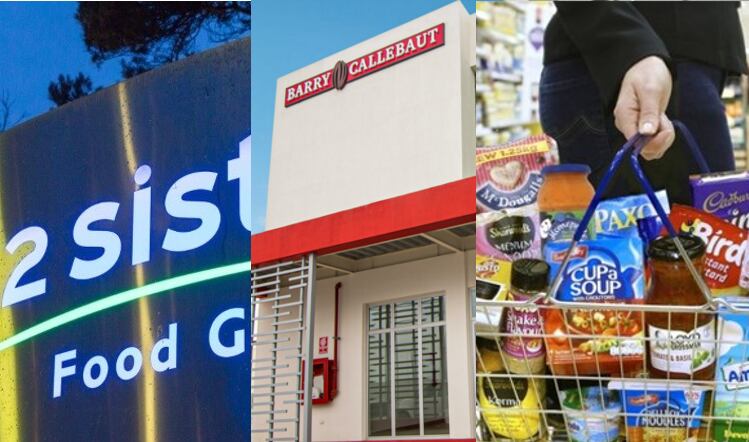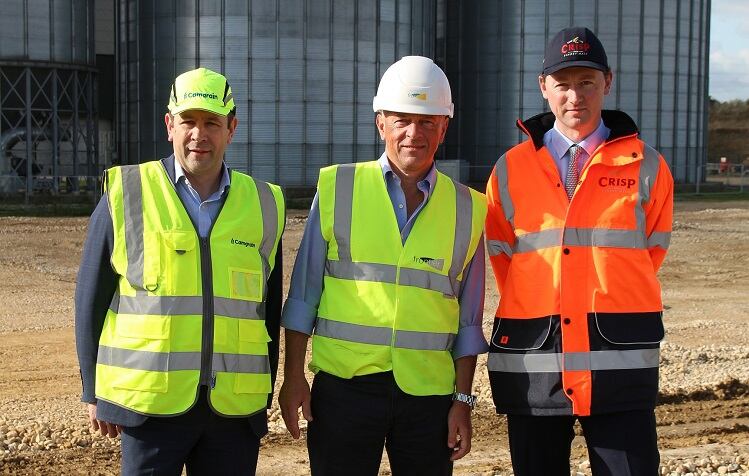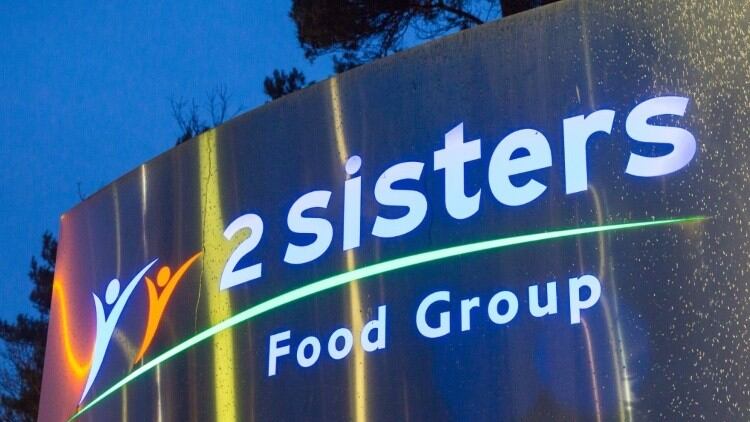
2 Sisters reports operational loss
Geopolitical pressures have seen 2 Sisters Food Group report an operational loss for the 52 weeks ended 31 July 2021.
Challenges arising from Brexit and COVID-19, including site closures and restrictions on labour availability heavily impacted the manufacturer, which reported an operating loss of £22.7m for the year (down from a £21.5m profit in 2020).
An overall turnover decrease of £82.5m (down 3.1%) during the period was attributed to the continuation of the group’s strategy to dispose of non-core businesses -- a combination of both the disposal of its branded biscuits business and a loss of revenue associated with a disposal in the prior period.
This same reasoning was levelled against its 41% drop in earnings before interest, taxes and amortisation from £128.7m in 2020 to £76.3m in the reported period.
While poultry sales were robust (up 3.5% to £1.9bn), the business reported an operating loss of £13.4m – again a result of the challenges surrounding Brexit and COVID-19.
The Meals and Bakery segment saw sales decrease 19.7% to £615.4m – largely due to the disposal of Fox’s Biscuits last year and Matthew Walker Christmas Puddings in the prior period – but remained in profit, despite a dip of£2.5m to £19.4m.
Commenting on the future of the businesses, 2 Sisters expected cost inflation to accelerate throughout 2021/22. While it had systems in place to mitigate rises in raw materials, these did not cover the entire customer base, or areas of significant inflation such as labour, energy and CO2 gas.
“While we can look at our operations to ensure we are working as efficiently as possible, the scale of the cost increase means that we will not be able to offset these impacts on our own,” read the report. “We therefore need to target price increases with our customer base to recover these increased costs and this programme of cost recovery has been communicated with our customers ahead of our 2020/21 year-end.
“We expect that these targeted increases will be seen by our customer based in the context of a widespread reset of food prices in the market and it is essential that customers commit to the programme of price increases to facilitate cost recovery.”
Mr Kipling keeps Premier on track
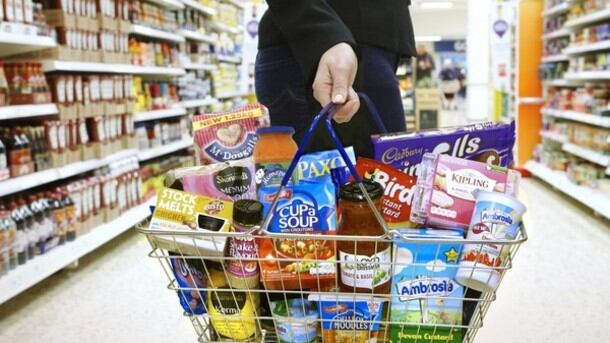
Sales of Mr Kipling cakes and ready meals helped strengthen Premier Foods’s trading update for the 13 weeks ended 2 July 2022.
Group sales were up 6.0% to £197.0m (Q1 2021-22: £185.9m), despite benefitting last year from elevated volumes while COVID restrictions were still in place.
Sales overseas increased by 12% due to a particularly strong cake performance in Australia, where Mr Kipling delivered its highest ever market share.
Alex Whitehouse, Premier Foods chief executive, said: “Consumers are increasingly looking to cook tasty affordable meals at home. This fits well with our broad portfolio of brands and was illustrated by the strong performance of Batchelors and Nissin in the quarter.”
Branded sales for the business were up 4.17% to £169.6m, while non-branded sales grew 18.6% to 27.4m.
Commenting on the result, Shore Capital head of food Clive Black said: “Premier Foods’s operating performance has been excellent for some years now. That operational excellence, manifested through the branded growth model, is delivering year-on-years sales growth, market share gains, trading profit advancement and free cash generation.
“In the space of three years, Premier has structurally de-leveraged, set out a runway to benefit in cash flow terms and pension evolution and so emerged with a normalised balance sheet that provides optionality around organic growth investment, dividends and exploration of bolt-on acquisitions.”
Sales and volume rise at Barry Callebaut
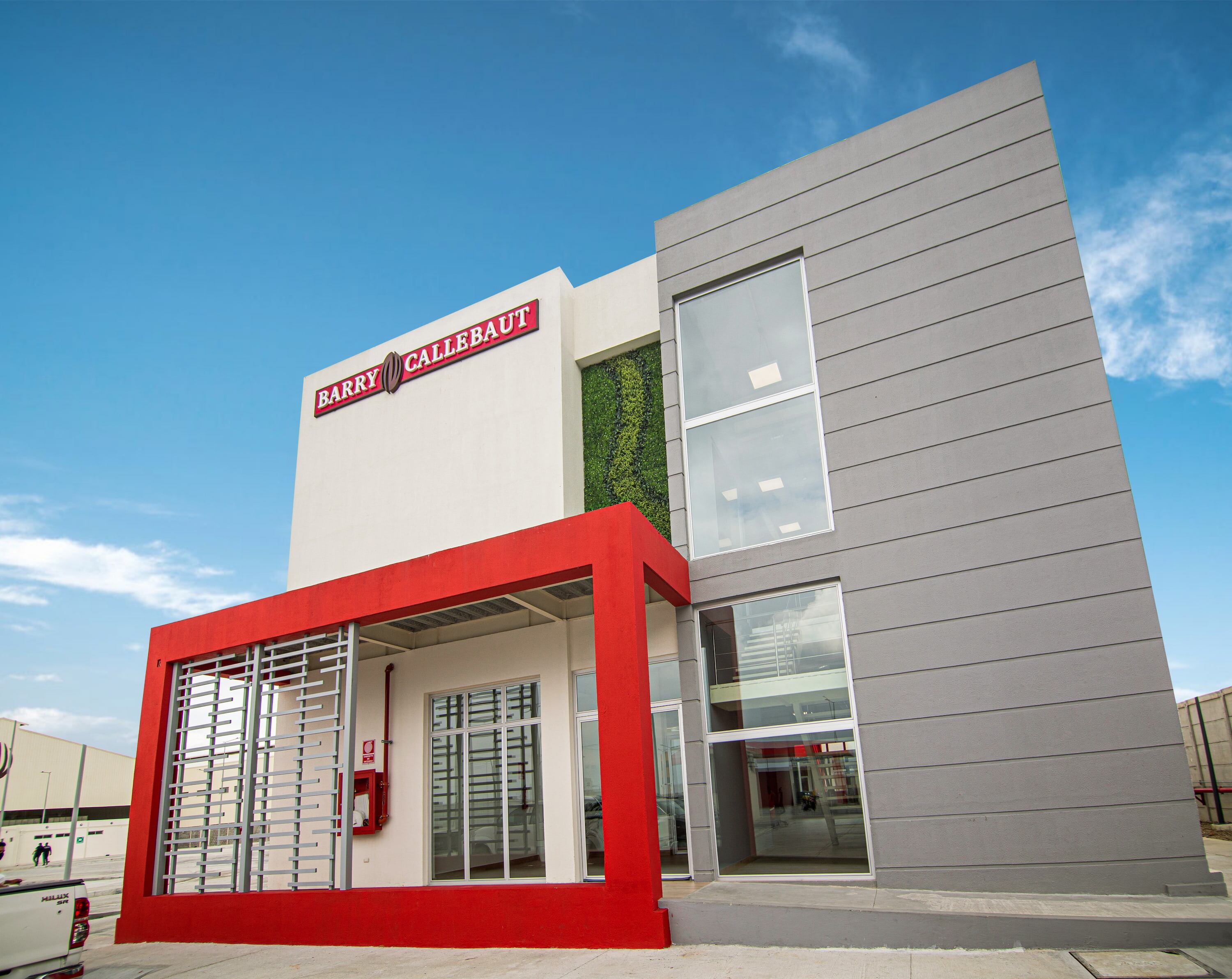
Barry Callebaut sold more than 1.75m tonnes of chocolate in the first nine months of the fiscal year 2021/22, driven by growth in its gourmet division.
Sales revenue for the period was CHF 6.07bn (£5.2bn), up 15.1% in local currencies compared with the previously reported period.
Key areas driving growth were Gourmet & Specialties (up 27.4%), Emerging Markets (up 8.7%) and Outsourcing (up 6.9%). The Asia specific region saw the most sales growth (up 14.7%), followed by Europe, the Middle East and Africa (up 9.8%) and the Americas (up 6.6%).
On the recent salmonella contamination at the chocolate manufacturer’s Weize factory, Barry Callebaut expected the financial impact of the incident would be notable for its results in the fourth quarter 2021/22.
Looking ahead, chief executive Peter Boone said: “Our strong innovation pipeline and continued drive for new opportunities make us confident to deliver on our mid-term guidance. Our confidence is bolstered by our deep and broad product portfolio and our global footprint.”


